Post and Courier
January 16, 2021
By Dr. Aditi Bussells
In just a few weeks, it’ll be the one-year anniversary of when the COVID-19 pandemic began. In the past year, we have experienced obstacles like never before. Our communities continue to feel the brunt of unemployment. Our small businesses continue to close. The virus continues to spread rapidly and inequitably.
The national public health response to the virus has been severely lacking, and despite the small business loans from the federal government, it remains an uphill battle for many local businesses to survive and continue providing jobs. That, in turn, has created new demands for local governments and has made municipal leaders across the nation refocus their efforts to get citizens through the pandemic and well-positioned to succeed afterward. Thinking locally, that begs the question of what can we do to make sure Columbia comes out of this pandemic stronger than ever?
We have a mask ordinance and testing is widely available. But our community-based resources continue to become even more limited. Our local funds to support businesses have run out. Government projects have been stalled.
So what is the answer, then? I believe that we must create a thriving environment, one that encourages people to open a business here.
Hear me out. As a public health researcher, I am passionate about eliminating the negative socio-economic factors that lead to health disparities and systemic inequities, especially around COVID-19. But I also know that on a local level, we neither have the power nor the resources to solve these large, complex problems on our own.
We can certainly continue to improve our local policies, like how we fund schools or how we zone neighborhoods, but I believe that if we want to make a meaningful impact on homelessness, food insecurity and educational inequities, we need to create optimal conditions for businesses to invest in or open up our city. Only then will we have the resources and infrastructure to support much needed municipal services for our residents. Only then will we be able to be more responsive to the needs of our diverse neighborhoods. Only then will we see upward mobility of our most marginalized populations.
Data from Raleigh, North Carolina, shows this approach works. A healthy city and healthy economy go hand in hand. Another capital city like us, Raleigh is close to several large institutions of higher learning. But Raleigh has also become a mecca for startup businesses and entrepreneurs. As a result, Raleigh has diverse neighborhoods, a top-rated public school system, and quality jobs that attract a younger workforce looking to create roots and start families. The city has rapidly become more walkable, public amenities are well-funded, and crime is on the decline.
We can get there, too, but it requires hard work and a deep commitment.
We need to have a collaborative and intentional approach from our city, county, state, and school board officials to the unique challenges facing our community, which requires more coalition building, and less credit taking.
We need to make data-driven decisions. If the data is telling us that the high taxes and overly burdensome regulatory environment of Richland County and the City of Columbia are deterring investment from people from wanting to live and grow businesses here, we need to revisit how we raise funds to support municipal services.
We need to listen to entrepreneurs who tell us of the struggles of starting a business in Columbia, or young people who tell us they can’t find a job, and examine how our economic infrastructure can be more hospitable to them.
And when the work gets tough, we not only need to remind ourselves we have a common goal of making Columbia the best place to live, but that we have the power to do something about it.

